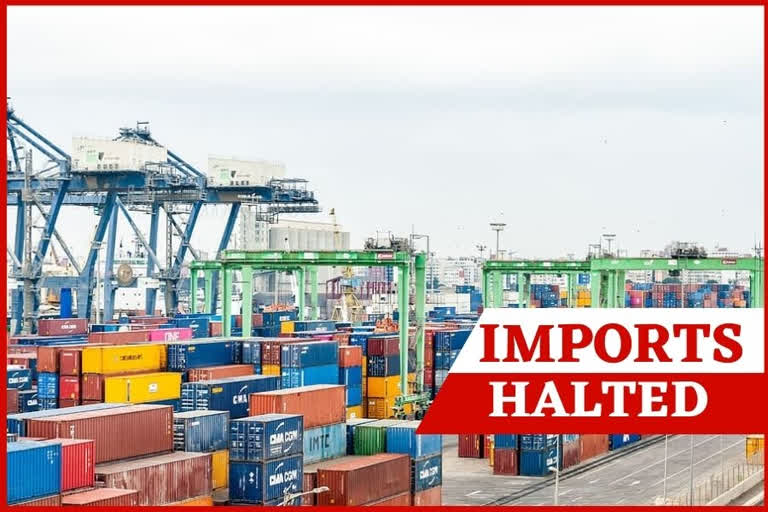Washington: Four companies and a manufacturing facility in northwestern China were blocked Monday from shipping their products to the US because of their suspected reliance on forced labour from people detained as part of a massive campaign against ethnic minorities in the region.
The US Customs and Border Protection issued orders freezing imports from companies that produce cotton, clothing and computer parts in the Xinjiang region of northwestern China, where authorities have detained more than 1 million people in detention camps as part of the crackdown.
CBP also halted imports of hair products made at a manufacturing facility where authorities believe Uyghurs and other ethnic minorities are forced to work.
Ken Cuccinelli, the acting deputy secretary of the Department of Homeland Security, dismissed the notion that the facility is a “vocational” centre as has been portrayed by Chinese authorities.
“It is a concentration camp, a place where religious and ethnic minorities are subject to abuse and forced to work in heinous conditions with no recourse and no freedom,” Cuccinelli said. "This is modern-day slavery.”
The treatment of people in Xinjiang has become a source of friction between the US and China amid broader tensions over trade and the response to the coronavirus outbreak.
The Trump administration has over the past year issued eight of what are known as “withhold release orders,” on goods from China to block goods tainted by forced labour and is considering further steps amid ongoing disputes over trade and other issues between the two countries.
Read more:US State Dept releases new webpage on China's atrocities on Uyghurs in Xinjiang
Among the measures under consideration is an order banning cotton and tomatoes from the entire Xinjiang region, a move that could have significant economic effects. Cuccinelli said the administration was still studying the proposal.
“We are gathering more evidence there but also just doing a more thorough legal analysis to make sure we can withstand any legal assault once we proceed with it,” he said in a conference call with reporters.
The US issues the orders under the 1930 Tariff Act, which prohibits imports produced with prison or slave labour to ensure fair competition with US manufacturers and keep tainted products out of the supply chain. Enforcement has increased since the law was strengthened in 2016 under President Barack Obama.
Acting CBP Commissioner Mark Morgan said US businesses need to do “extreme diligence” when acquiring goods from overseas, especially China and other places with a history of using forced labour. American consumers can do their part by demanding information on how products are made.
